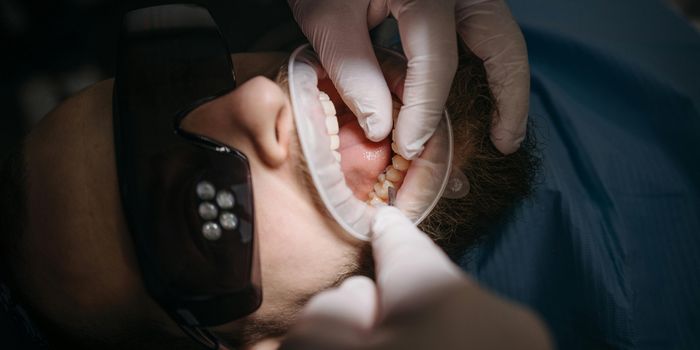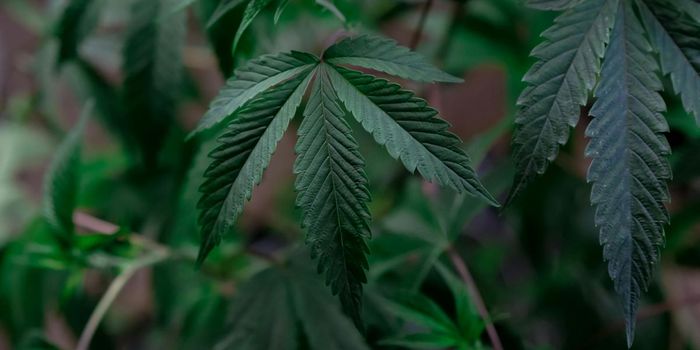Medicinal Cannabis Content Labels are Inaccurate, Study Finds
Researchers from Massachusetts General Hospital (MGH) have found that content labels on medicinal cannabis products are often inaccurate in describing the quantities of cannabinoids they contain.
For the study, the researchers examined urine samples from 97 participants aged between 18 and 65 who were enrolled in a clinical trial investigating the effects of medical cannabis for anxiety, depression, pain, and insomnia. In particular, the researchers wanted to determine whether different medical cannabis products delivered their ingredients as their labels suggested.
Between June 2017 and August 2020, the participants were assessed at baseline and at 2, 4, 12, 24, and 48 weeks after beginning their medical cannabis regimens. At each visit, they provided a urine sample, reported how recently they had used cannabis and whether they used tetrahydrocannabinol (THC)-dominant products, cannabidiol (CBD)-dominant products, or those with equally strong CBD/ THC contents.
In the end, the researchers found that a third of patients who reported using cannabis products with high levels of CBD had no CBD in their urine samples. Meanwhile, THC was detected in around 80% of the urine samples- including those who thought they were only receiving CBD.
The researchers also found that around 20% of patients who reported vaping their medical cannabis had no detectable levels of THC or CBD in their urine. They said that this suggests some vaping devices may not adequately heat cannabis for patients to inhale their active ingredients.
"People are buying products they think are THC-free but in fact contain a significant amount of THC," says Jodi M. Gilman, lead author of the study. "One patient reported that she took a product she thought only contained CBD, and then when driving home that day she felt intoxicated, disoriented and very scared."
"A lot of questions about the content of the products and their effects remain...Patients need more information about what's in these products and what effects they can expect."
Sources: EurekAlert, Substance Use and Addiction









